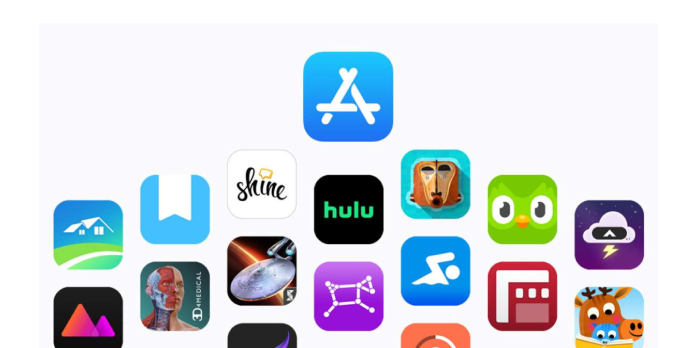For years, developers and platform creators have been engaged in a near-silent battle about how much money they may make from each successful purchase or subscription. Epic Games has brought this issue to light by publicly questioning the established quo and even threatening to sue tech titans like Apple and Google. The consequences of that litigation have so far favored developers and publishers, forcing app shops to adjust their business practices. On the other hand, Apple may have discovered a loophole that allows it to tax developers even if they don’t pay through the App Store.
The 70/30 Principle
Although the Apple App Store and Google Play Store have made this approach famous, it has been utilized by many other businesses, both digital and physical. It is used by most digital game distribution platforms such as Steam and physical stores such as Walmart. Few people can recall when or where it originated, but it has already become practically de facto standard for merchants to keep only 70% of profits while distribution platforms save 30%.
It has long been standard practice for businesses to levy a tax on business owners who sell their items through such channels, and it makes the most incredible sense in the setting of a physical store. Those reasons, however, are not accepted by everyone. Apple and Google, for example, explain their cut by claiming that it goes toward enhancing the store platform, usually by developing tighter security measures.
Epic Games, for one, has questioned Google’s ability to justify its 30 percent stake in the Play Store through innovation. More crucially, the renowned game developer and publisher cast doubt on Apple’s seemingly arbitrary restrictions on programs distributed through its App Store. In a nutshell, all apps must use Apple’s first-party payment mechanism, which also entails accepting the 70/30 split. Epic Games has maintained that this requirement is, in reality, illegal, given how difficult it is to install games on iPhones outside of the App Store.
The Final Word
Epic Games ‘ position was vindicated in the court of law and the court of public opinion. Indirectly, it has prompted numerous businesses to reconsider and possibly adjust their policies. For example, Microsoft has essentially made its Store entirely open, removing many of the constraints developers would face on Steam, the App Store, and the Google Play Store.
Google and Apple are legally required to accept third-party payment methods in apps sold through their stores in some regions, like South Korea. While Apple is currently contesting the new law, Google has already agreed to it, though with some conditions that we’ll discuss later.
Apple, for one, has been making modifications, such as offering multiple tax rates based on what’s being delivered or how much an app earns. Allowing apps to link to an external site when signing up for a subscription is one of the most significant improvements, and it will soon be required to permit coupling to external payment systems. However, it isn’t a clear victory for developers and publishers, and Apple may still get the last laugh.
The Missing Link
According to 9to5Mac, Apple may still receive a commission from payments made outside of the App Store if the link to the external payment system originates from an App Store-installed app. That effectively refers to all apps installed on iPhones and iPads.
The primary motivation for developers to forego the convenience of Apple Pay or Google Pay for in-app transactions is to avoid the tax altogether. According to the filing, Apple does not share this viewpoint, at least not legally. This effectively nullifies the spirit of Epic Games’ action, as well as the court verdicts against Apple.
It isn’t the only one, either; Google announced something similar last month, claiming that it will only take 11 percent or 26 percent of earnings when a third-party payment processor is used. If pressed, the Android maker will most certainly offer a variety of arguments for the policy, and Apple will most likely follow suit if questioned. South Korean regulators are still looking into whether or not this is legal, and you can guarantee Apple’s injunction will be scrutinised as well.
Source: 9to5Mac



